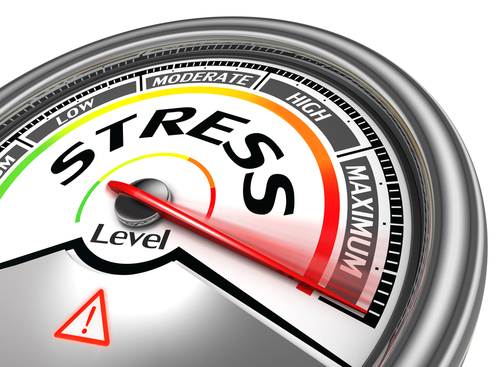

Stress levels can go up and down throughout the day. Stress is that annoying natural feeling you get when you cannot keep pace with particular demands and events. While you can handle this personally, sometimes it goes out of hand and develops into a chronic condition-mostly if you do not take the correct control measures.
The demands and events that lead to stress come from all angles, including work, financial pressures, family pressures, and many others. Some of these demands seem small and insignificant, but they possess a challenge to your well-being and may cause stress.
It is worth noting that stress at some point has a few positive impacts on one life. It can be a motivator, an essential aspect of survival. Specific amounts of stress enhance your body’s survival mechanism, fight-or-flight. It alerts you when and how to respond to the potential event, whether to quit or face the situation.
However, this is only helpful up to specific parameters. If your stress levels trigger easily or you have too many stresses that show up, you face potential risks. It can affect your mental and physical being and become a constant menace.
Signs that your stress levels are getting out of control
You need to get help as soon as you begin to notice the following signs,
Emotional changes
Stress comes with different feelings including fear, anxiety, anger sadness and many more. These feelings at times begin to accumulate. After some time, they develop into physical symptoms and make you feel like the world is crashing down. Sometimes it even leads to depression.
Work-related stress has the worst impact on mental health and accounts for about 24 days of workdays lost for every individual affected.
Behavior changes
Stress may alter your behavior in a significant way. For instance, stress makes you thrown, inflexible and withdrawn. It also affects your sleeping pattern, and as a result, you do not get enough sleep.
Other behavioral changes that come with stress include a change in sexual desires, being tearful or irritable, resorting to smoking, and the list is endless. Stress also affects how you relate to your family and friends, and even workmates.
Physical changes
To some people, stress causes headaches, nausea, and indigestion. It may also alter your breathing, perspiration and cause various aches and pains in the body. If the stress does not last for long, you can always get back to normal without any permanent effect.
However, if you are prone to long-term pressure, you might develop gastrointestinal conditions such as Irritable Bowel Syndrome (IBS), cardiovascular disease, or stomach ulcers.
How to get help
There are several self-imposed measures that you use, but it requires high levels of discipline and commitment. You can follow the following steps if you realize your stress levels are getting out of control.
- Acknowledge you have the problem and start identifying the causes
- Review your lifestyle
- Build supportive relationships
- Eat Healthily
- Avoid smoking and drinking
- Exercise
- Take Time Out of somethings
- Avoid being hard on yourself
The list of things you could do to get yourself in a better condition is long. However, if you find this not working or realize you cannot cope anymore, we advise that you contact professional help.

